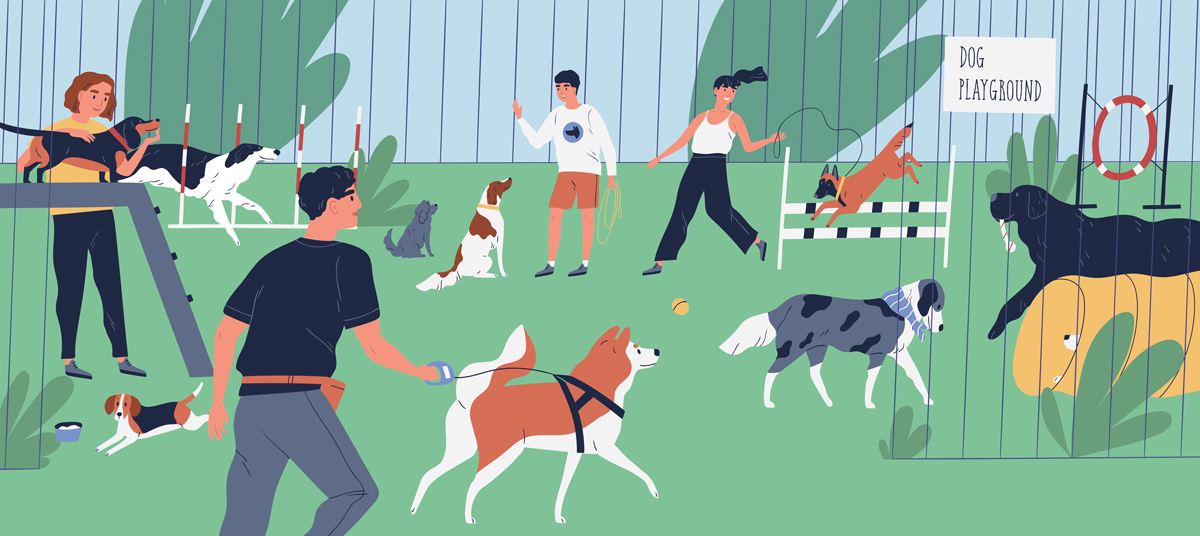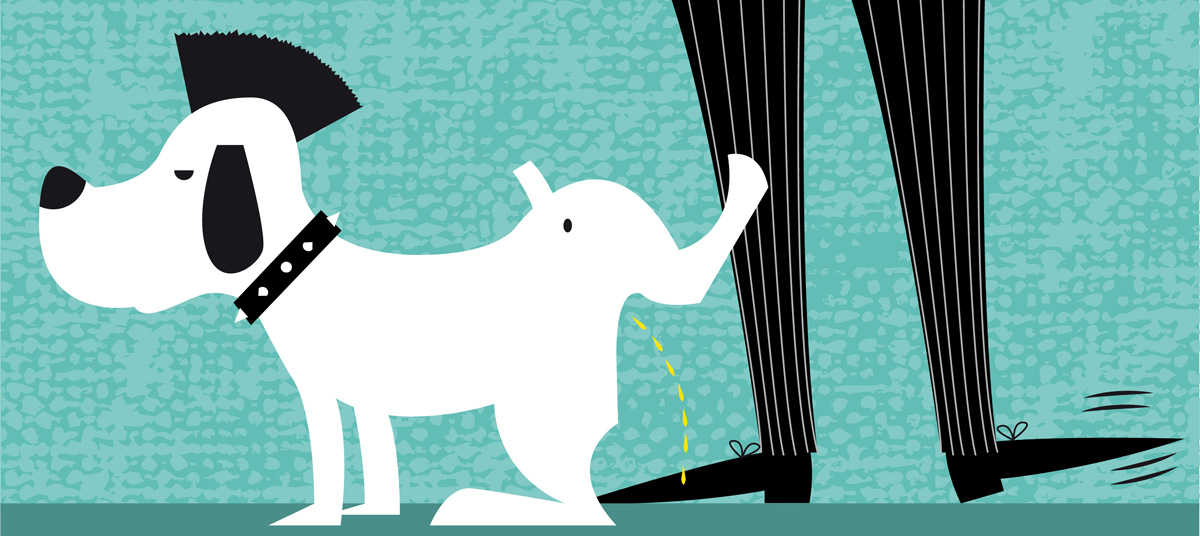Our Approach To Behavioral Training
For many urban dogs and their human parents, ongoing behavioral issues pose a significant challenge. These issues often result in the dogs being excluded from family outings, leading to extended periods of isolation, lack of exercise, and mental stimulation. Some dogs are made to wear restraining devices like gentle-leaders or no-pull harnesses, diminishing the joy of even a simple walk. Moreover, they frequently miss out on social interactions with other dogs and people. These restrictions, in turn, can exacerbate the initial behavioral issues, creating a vicious cycle.
Dealing with behavioral issues can range from something relatively easy, like the dog’s parent learning to discourage certain behaviors, to something as daunting as many years of arduous exposure therapy.
To make sense of behavioral training, we group behavioral issues into the three distinct categories below:
The way we classify behavioral issues is far from perfect, especially because we’re dealing with social animals as intelligent and complex as dogs. There’s a lot of interplay among the categories; for instance, aggression towards strangers can arise from anxiety, genetic factors, or acquired habits. Nonetheless, we believe that introducing some semblance of structure to this convoluted subject can be beneficial.
Private Sessions &
Zoom Consultations
To address bad habits and certain genetic predispositions, we provide in-person sessions and Zoom consultations with the goal of teaching the dog’s parent how to better communicate with their dog and eliminate or minimize those behaviors.
For people whose dogs show signs of anxiety disorders, we recommend finding and working with a dog behaviorist who specializes in that.
Consider This
Rethink behavioral training
Numerous dog owners frequently resort to using tools like crates, gentle leaders, and no-pull harnesses, or tactics such as distracting their dog with treats, to manage bad habits. However, these methods fail to address the underlying issue and effectively conceal it. The dog never learns that there are consequences for their actions, and as a result, they don’t understand that their behavior is viewed as undesirable by their human parent.
As widely acknowledged in the field of child psychology, and as parents of human kids can attest, implementing clear rules and boundaries via an authoritative parenting approach is crucial for nurturing secure emotional attachments, emotional regulation, and enthusiasm for learning. In our experience, the same is true for dogs.
Nonetheless, this message seems to elude many dog parents. Professionals within the dog training world often advocate for an exclusively positive reinforcement approach, which falls short in both preventing the emergence of and addressing problematic behaviors. We hope to change that.
Frequently Asked Questions
Our answers below presume that we are dealing with healthy urban dogs (from the city or the suburbs), whose main role is to be family companions. In many cases, our advice would not apply to working dogs.







